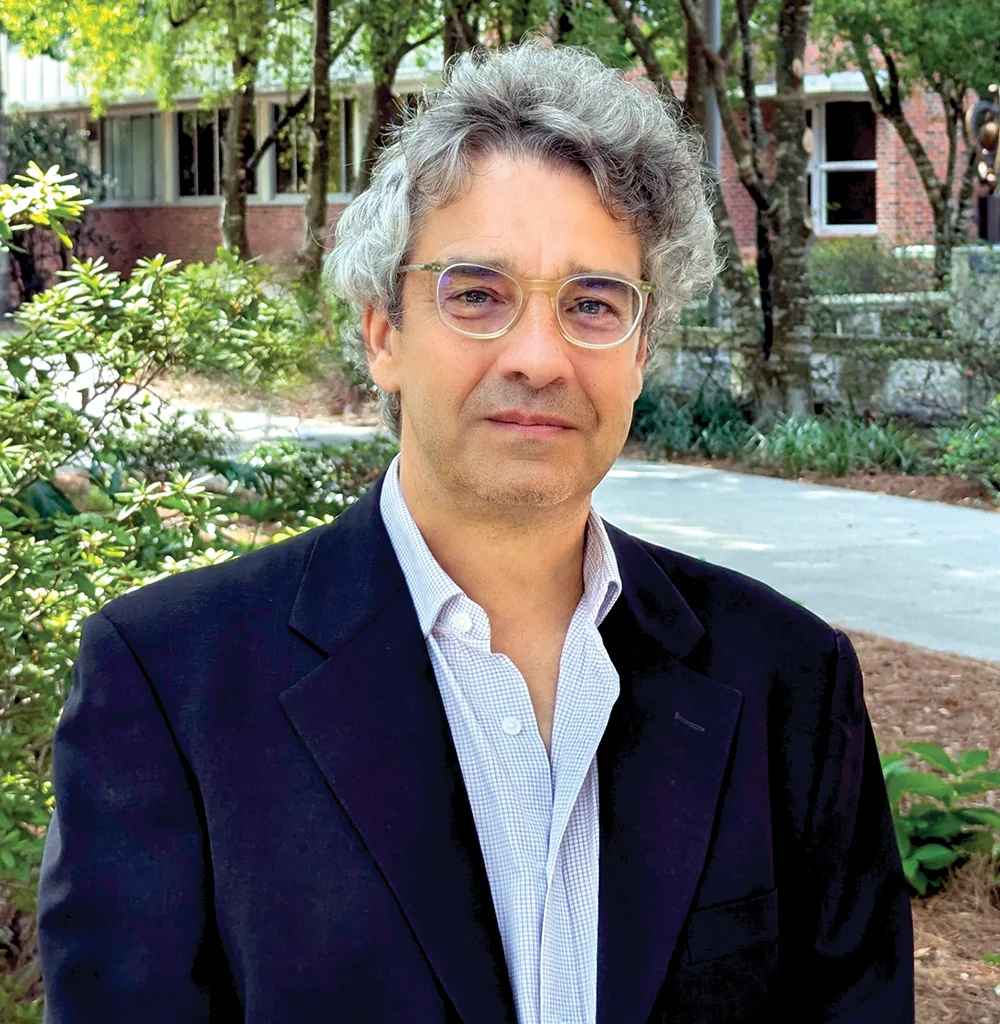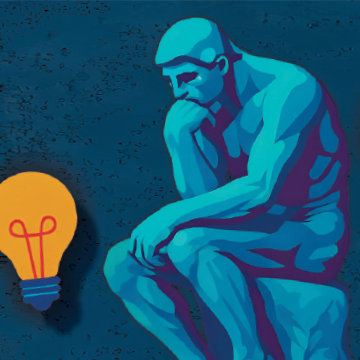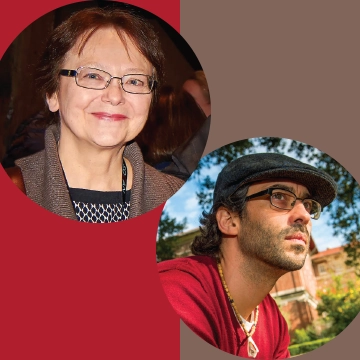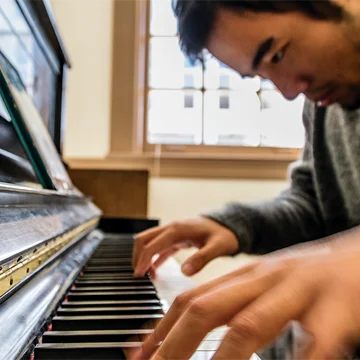
Thomas Albrecht Chair and Professor, English
Originally published in the 2025 issue of the School of Liberal Arts Magazine
As many liberal arts students learn in their classes, a paradox is a proposition that runs contrary to received opinion and that careful investigation may nevertheless prove to be true. These days, the paradox I often put to my students is that three years after the release of ChatGPT, now is the ideal time to take courses in languages and Literature, History and Philosophy. I tell students that now, more than ever, is the perfect moment to declare a major in one of the liberal arts fields.
Today’s conventional wisdom of course tells students that from an employment point of view, now is the time to major in Computer Science and applied STEM fields. But by an ironic turn of fate, the technical jobs for which those majors prepare students are increasingly being outsourced to AI. Human coding skills are being replaced by “vibecoding” programs, and software engineering and development tasks are more and more being performed by AI-powered chatbots. The revolution devours its own children, Jacques Mallet du Pan famously remarked about France in 1793, offering just the kind of critical insight that a liberal arts student might have.
The paradoxical value of studying the liberal arts is that they teach us things that AI can’t do. They do not simply impart information or teach technical skills. The true value of the humanities lies in how they galvanize our humanity. One example is creativity. Truly original creative expression, in whatever form, cannot be derived from a database, no matter how vast. Another example is three-dimensionality of thought, as opposed to the characteristic flatness of what AI generates. A third example is empathy. Some people regard feelings as a liability, especially for men. But in the age of AI, emotional understanding is a rare and increasingly precious asset.
Thomas Albrecht is a professor of English and chair of the English Department. Professor Albrecht’s research areas include 19th century British and European literature, in particular, narrative fiction and the novel; literary realism; British women writers; and British and European aestheticism and literary decadence.




